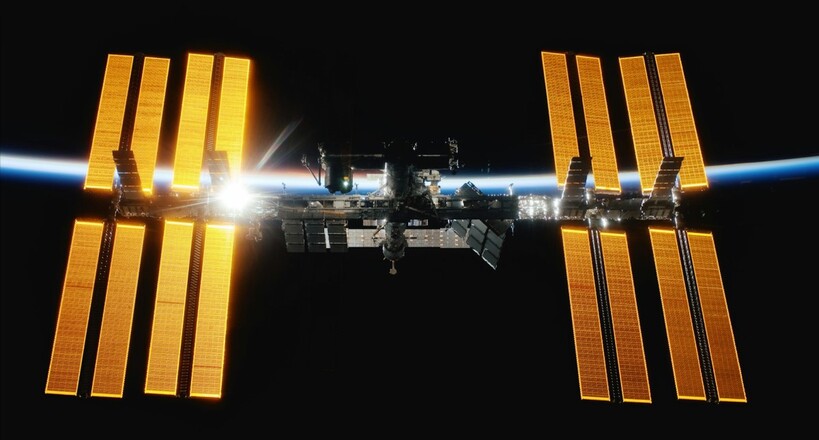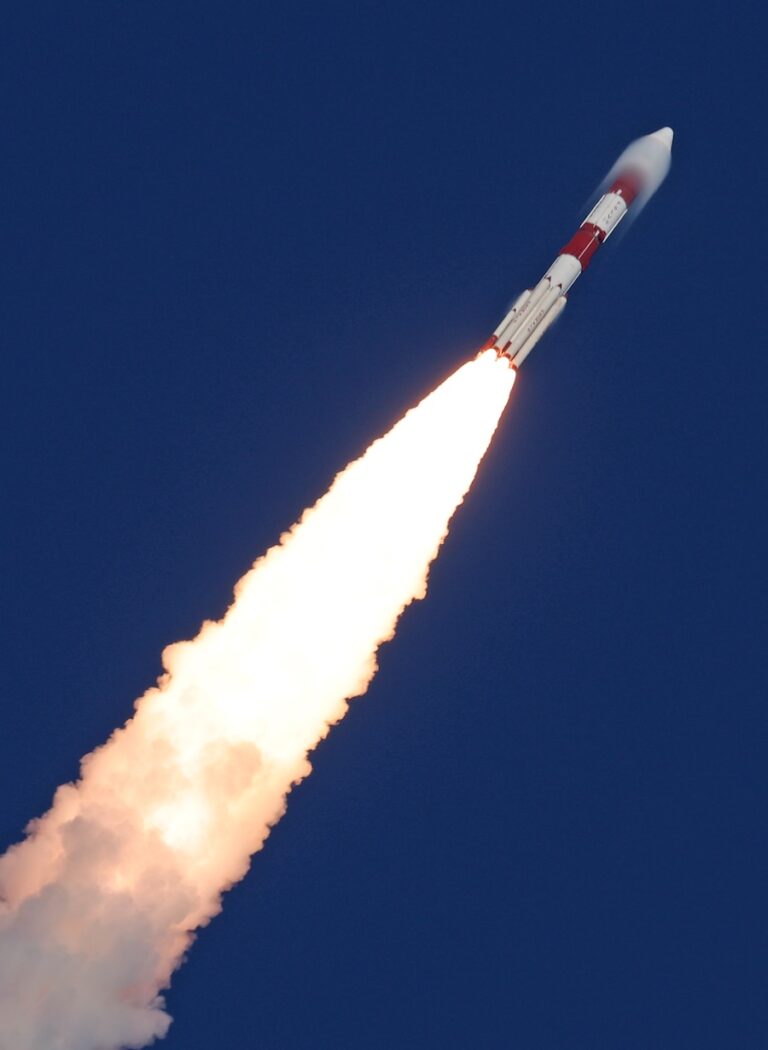Red Hat and Axiom Space to Launch Orbital Data Center on ISS in 2025

Red Hat and Axiom Space are partnering to advance space-based computing with the launch of Axiom Space’s Data Center Unit-1, AxDCU-1, to the International Space Station (ISS) in the spring of 2025. This initiative aims to demonstrate the first Orbital Data Center capabilities, leveraging Red Hat’s Device Edge platform to process data directly in orbit.
The collaboration would enable real-time computing closer to data sources such as spacecraft and satellites, reducing reliance on Earth-based data centers. The project will test applications in data fusion, cloud computing, artificial intelligence and machine learning, and space cybersecurity. By integrating cloud-native processing into space infrastructure, Axiom Space and Red Hat seek to enhance decision-making speed, security, and autonomy in space operations.
AxDCU-1 will incorporate Red Hat Device Edge, which includes Red Hat Enterprise Linux, Red Hat Ansible Automation Platform, a lightweight Kubernetes distribution based on Red Hat OpenShift’s edge capabilities, and MicroShift, an open-source project supported by Red Hat. This platform would allow Axiom Space to run cloud-native workloads and hybrid cloud applications in orbit, reducing the need for high-cost and potentially unreliable network connections to Earth.
Axiom Space’s Orbital Data Centers are designed to provide Earth-independent cloud storage and edge processing, eliminating delays in data transmission while improving security and reliability. By processing data in space, these centers will reduce dependency on traditional terrestrial data centers and provide faster, more secure access to mission-critical information.
Integrating Space-based Computing Solutions
Potential use cases for Orbital Data Centers include Earth observation satellites with lower latency data processing and storage, on-orbit AI/ML training for autonomous operations, multi-factor authentication and cyber intrusion detection, supervised autonomy for spacecraft and satellite missions, space weather analytics, and off-planet backup and disaster recovery for critical Earth-based infrastructure.
The launch of AxDCU-1 represents another step in Axiom Space’s broader vision to enable businesses to operate in space. By building scalable industrial infrastructure, Axiom Space is making it possible for companies to integrate space-based solutions into their operations. The ongoing expansion of Axiom Station and the development of Orbital Data Centers are key components of this long-term strategy.
Jason Aspiotis, global director of in-space data and security at Axiom Space, highlighted the significance of the partnership with Red Hat, stating that integrating terrestrial-grade cloud solutions into Orbital Data Centers will allow users to take advantage of reduced latency and enhanced security while seamlessly moving their workloads to orbit.
Tony James, lead architect for science and space at Red Hat, emphasized the importance of edge computing in space as a key element of the next frontier of off-planet data processing. He noted that Red Hat Device Edge will equip Earth-based mission partners with the tools they need to make consistent and reliable real-time decisions in space.
As the demand for high-performance computing and data security continues to grow, the ability to process and store data in space could become a transformative step for industries such as telecommunications, Earth observation, scientific research, and space exploration. By combining innovative space infrastructure with enterprise-grade cloud computing, Axiom Space and Red Hat are laying the foundation for a new era of orbital cloud computing.




